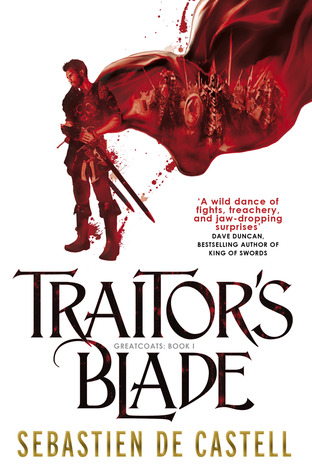Sean Kavanagh, author of Fiction on Foreign Planets, Volume 1 and Volume 2, previously released and reviewed here as A Country Fit For Zeros , has released his third collection of short stories, They Came For Our Eyes and he has also been generous enough to take the time to answer a few questions for me, in what is the first (of many I hope) interviews on this blog.
Firstly Sean, thanks so much for taking time out to speak to me, (and for being a guinea pig of sorts), for the benefit of anyone reading this who hasn't yet read your work, if you could sell yourself to them in a single sentence, what would it be?
Firstly Sean, thanks so much for taking time out to speak to me, (and for being a guinea pig of sorts), for the benefit of anyone reading this who hasn't yet read your work, if you could sell yourself to them in a single sentence, what would it be?
I love to write the sort of books I’d like to read: fun, offbeat genre fiction – that I think that might appeal to other people.
Your short story collections are fantastic, is there any chance of seeing some longer stuff?
That’s my main focus now. I love short stories, both reading and writing, but the majority of readers want something longer – so that’s where I’m putting my efforts now. I have an offbeat spy novel called “The Handover” due out later in the year, and some novellas due in the next few months. I’m probably going to be phasing out the short stories from now.
Can you tell us a little more about what you're currently working on?
There’s the spy thriller, “The Handover”, which is set in 1970s Britain and is a race-against-the-clock style yarn, set against the background of the oil crisis. It’s essentially a movie done in book form. I also have a couple of novellas, including a science fiction one called “The Lost Episodes”.
There's a very specific style to your writing, will your long form pieces follow a similar style, or will there be a marked shift in tone, and even genre?
The longer books will be a bit more conventional, to make them accessible, but the odd and quirky ideas will still be there, just presented in a way that will hopefully appeal to more people.
Who do you consider your major literary influences?
I guess the first books you read and enjoy have the biggest influence on you. For me that would be Douglas Adams, Stephen King and probably JG Ballard.
What do you do when your not writing? How do you spend your down-time?
Either watching all the great TV drama that’s on at the moment (we're in a bit of golden age with Mad Men, Hannibal, Breaking Bad etc), or, playing and collecting retro video games. I used to write columns on retro gaming for a few websites – they’re probably still floating out around there somewhere.
Do you get time to do any reading for recreation? If so,who are you reading now?
Mainly I read on the commute to and from work – which given how slow the trains are can be a decent amount of time. I have to do a lot of reading as research for my day job in TV and advertising, so fiction is squeezed in between that. I’m literally just starting “Bitter Seeds” by Ian Treggillis.
Who's your favourite author we've never read?
It’s more a series than an author: Simon R Green’s “Death Stalker” space opera series – which I can only describe as fun fun fun!
If you were in a locked room with only one book, which book would you want it to be?
Probably a book on escapology as I’m severely claustrophobic. If not, then I’d have to go for a Philip K Dick short story collection.
Thank you so much Sean, and finally, do you have any advice for aspiring authors?
None I’m afraid – I’m still figuring it all out myself.
Thank you Sean, I think that's how we all learn, by doing, and as far as i'm concerned, you're doing very well this far. I want to take this opportunity to wish you all the best in the future, and i will be eagerly awaiting both The Handover and The Lost Episodes.
